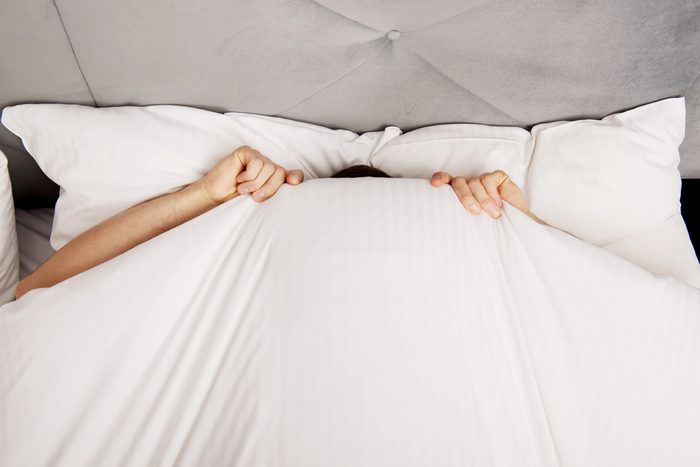
What is sleep apnea?
Sleep apnea can wreck your life without you even realizing it: Your airways collapse when you’re asleep leading to thunderous snoring and actual pauses in your breathing; the condition prevents you from reaching deep slumber. Sleep apnea is a chronic condition that disrupts your sleeping patterns and leaves you exhausted during the day. These are signs you might have sleep apnea.

Throat exercises
One trick to facilitate proper airflow through your nose is to practice blowing up a balloon using deep breaths, according to the American Sleep Apnea Organization (ASAO). Try not to take the balloon out of your mouth between breaths. Repeat five times daily to improve airflow. Of course, home remedies for sleep apnea aren’t always the right fix—here are the great things that could happen when you get a CPAP machine.
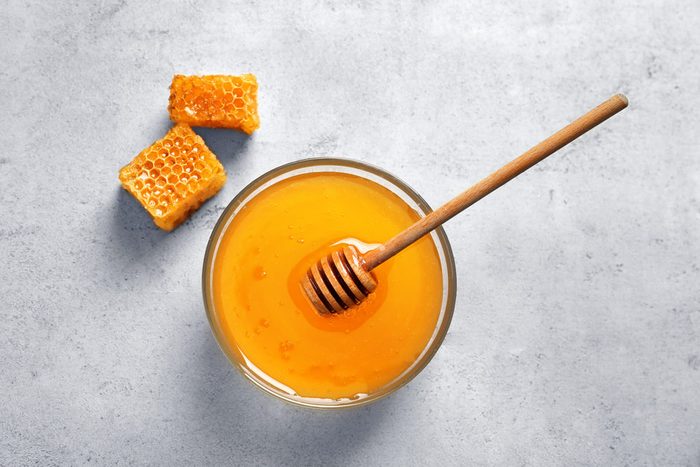
Honey
A teaspoon of honey before bed may help you sleep more soundly, says Michael Breus, PhD, aka “The Sleep Doctor.” Honey has anti-inflammatory properties, which may reduce swelling around the throat area. It also helps with snoring because it acts as a lubricant for the throat. To use it in home remedies for sleep apnea, add a tablespoon of honey to a glass of warm water and drink it before going to bed. The trick, according to Dr. Breus, is to make sure you’re using raw (unpasteurized) honey. Here are 13 more snoring remedies you haven’t tried yet.
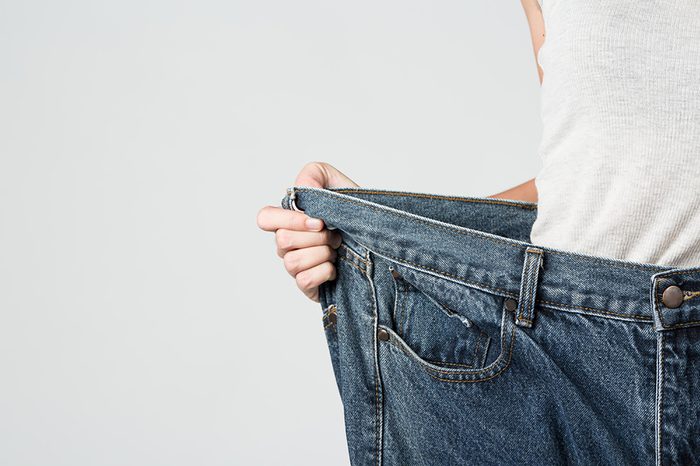
Weight loss
Sleep apnea is linked with excess body weight and even losing just 10 percent of your weight can help sleep apnea significantly and reaching a healthy weight can cure it, according to a study published in the American Journal of Respiratory and Critical Care Medicine. by the American Thoracic Society. Need help losing a few pounds? Start with these 50 things doctors wish everyone knew about losing weight.
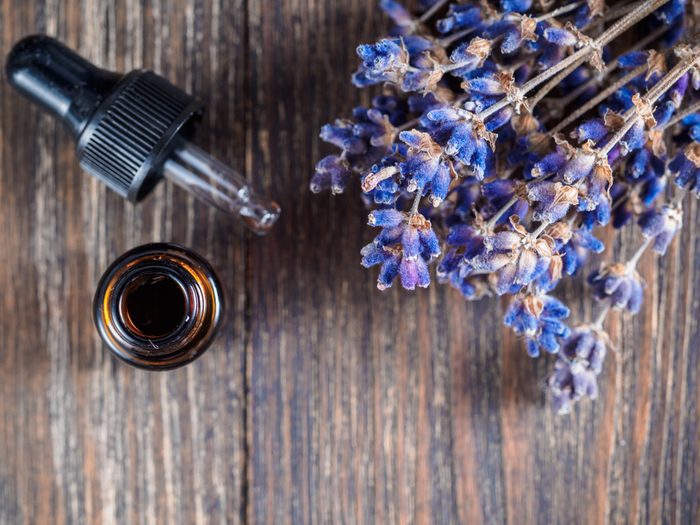
Lavender
Lavender works as a natural sedative, helping you to relax and fall asleep easier, Dr. Breus says. It also has anti-inflammatory properties. Put a few drops of lavender oil on a towel and put it under your pillow while you sleep. Or, you could add it to boiling water and inhale the steam.
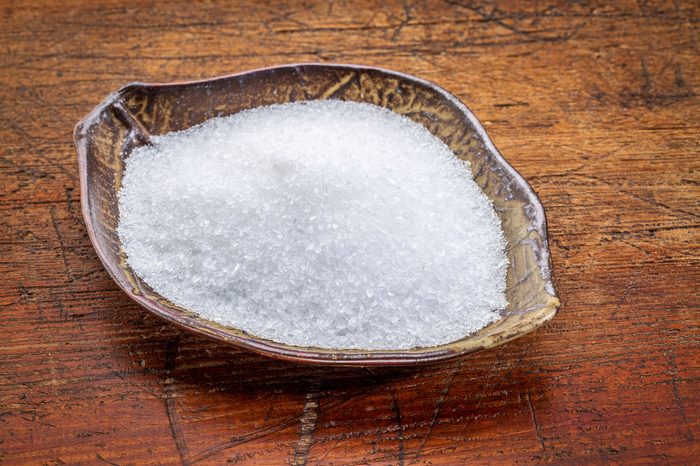
Epsom salt bath
An Epsom salt bath before bed has been a tip for better sleep for generations—for good reason. The magnesium in Epsom salts can relax the muscles and create a feeling of well-being that could then lead to a more comfortable and satisfying night’s sleep, reports Dr. Breus. Add Epsom salts to a warm bath and soak for 20 minutes. It’s one of the most relaxing home remedies for sleep apnea. Still no luck? Learn what it’s really like to sleep with a CPAP machine.
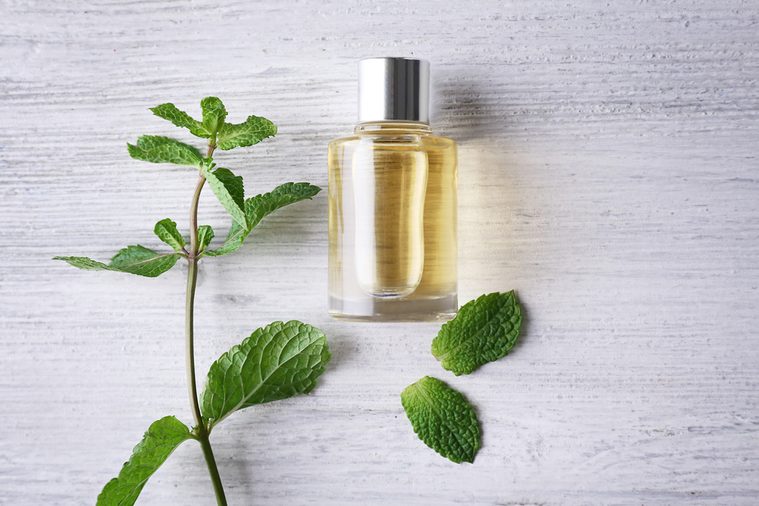
Raise the head of your bed
Sleeping with your head elevated can significantly reduce sleep apnea symptoms, according to a study published in Sleep and Breathing. Patients who slept on a special neck pillow or who slept on a bed that was angled to have the head higher saw a reduction in the number of sleep apnea incidents per night as well as better oxygen saturation, they found.
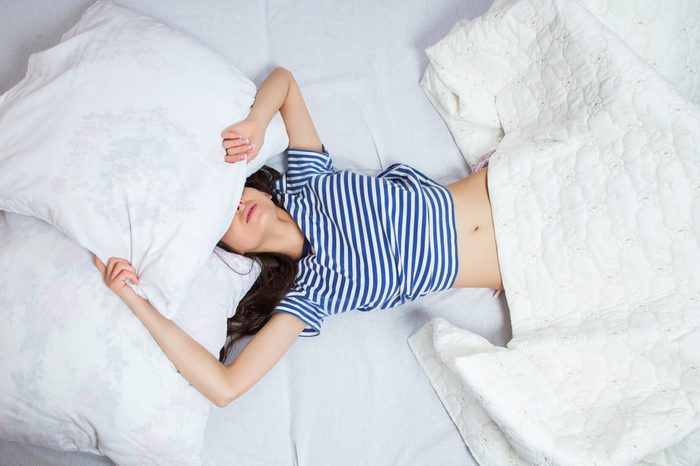
Stop sleeping on your back
Back sleeping is one of the most popular sleep positions but it may be making your sleep apnea worse. Switching to a side sleeping position can reduce or even eliminate symptoms and help you sleep better, according to a separate study published in Sleep and Breathing. It can also reduce snoring so it’s a win all around.
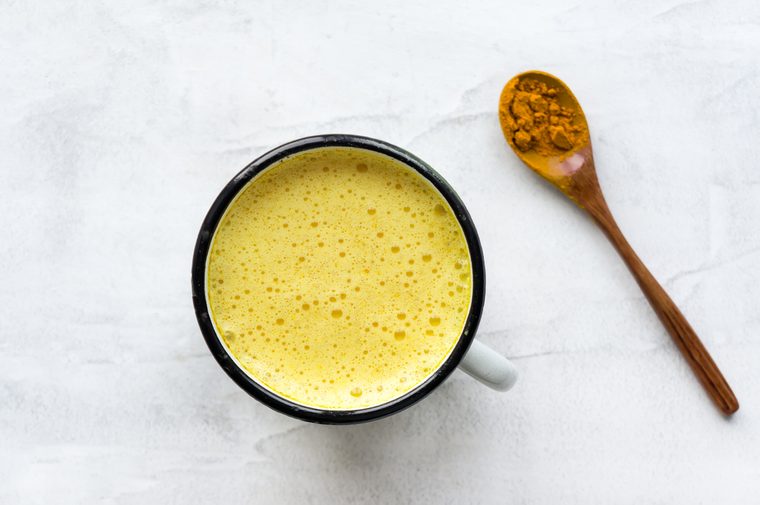
Try a medicinal pot supplement
A compound found in marijuana is showing very promising results in people suffering from sleep apnea, according to a study published in Sleep. Patients given dronabinol, a synthetic form of THC, the psychoactive component of marijuana, had higher quality sleep and fewer incidences of sleep apnea throughout the night, they found (although it can cause weight gain.) But before you light up, the researchers said that not any marijuana will do, it needs to be a specific medical strain. Ask your doctor about getting a prescription for dronabinol but bear in mind it can cause weight gain.

